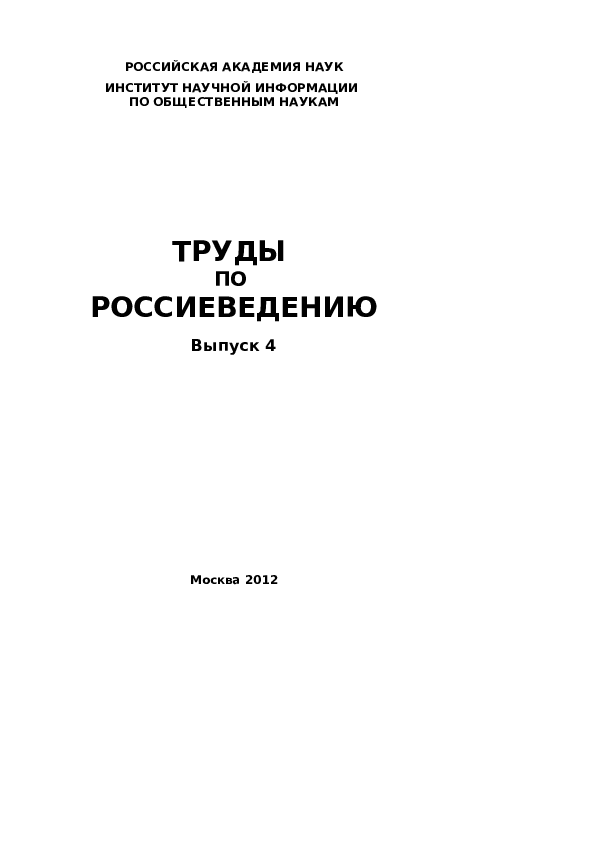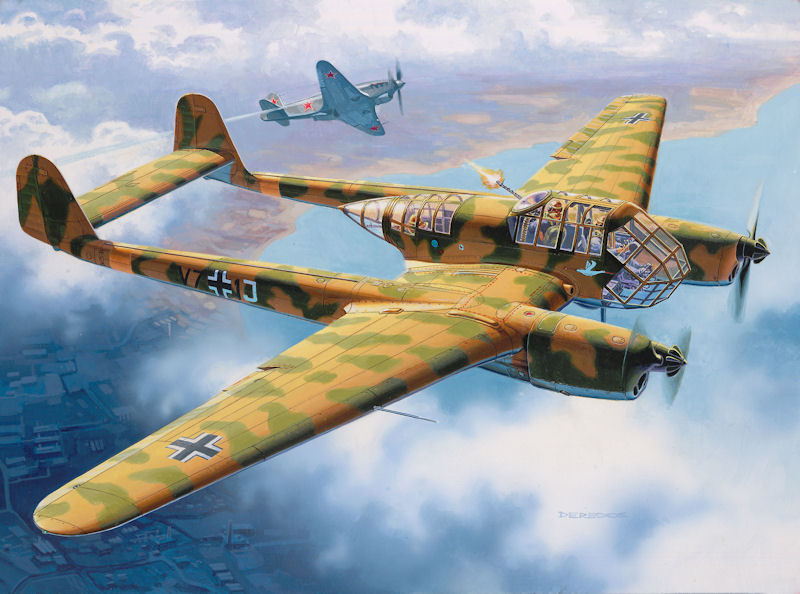
"Missed chances SEPTEMBER 39". Missed chance for an objective view
"Missed chances SEPTEMBER 39". Missed chance for an objective view
Writing a review of the book “Missed Opportunities SEPTEMBER'39”, an integral feature of which is a display of disrespect for the Polish commanders responsible for the war efforts of the Second Commonwealth, and many other expressions that do not fit into the rules of scientific or journalistic dialogue, is not the most pleasant thing to do.
The author is clearly a person dissatisfied with the results of the work of historians who have been discussing the process of arming Poland for many years and are looking for a different past. By investing efforts in an abstract restoration process, he wants to invent a new system, to turn a defensive war into a success, which, however, could not come in the confrontation with Germany and the USSR.
Conclusion of the book: We were able to design and produce in sufficient quantities the necessary weapons, and put them into service. However, these chances were missed. And not for financial or technical reasons - it is devoid of any seriousness.
I do not see the Author's appreciation of the then great achievements of the Second Polish Republic as too high; in his opinion, they often turn out to be a failure. Meanwhile, the fact that a weak state has managed to implement such a large-scale and such a multilateral program of investments and armaments should not cause shame, but pride. The author builds a false stereotype of his own best script, and his book reflects the vices and illusions, thoughts and feelings of the manneristic, often corrupt literature of the reporting period. You also get foreign entities: France shamelessly traded ... (p. 80), [Germany] most likely simply did not understand (p. 71), Hitler seemed to completely ignore this threat (p. 72), ... some of them [i.e. . historians] are at odds with mathematics (p. 78), the level of knowledge of our allies (...) was shamefully poor (p. 188). And so every few pages. Sometimes we meet such a wording several times, even on one page: a completely unsuccessful PZL R-50a “Hawk” ..., also an unsuccessful “Wolf” (p. 195). Sometimes the Author gets lost in his provocations: fear has paralyzed almost all Polish power (p. 99), they should never rule over anything more than a village court (p. 103).
These are cruel and extremely unfair epithets. Therefore, the author does not encourage controversy on accepted norms - but given the harm done to many valuable people, I think that this study cannot remain without a reaction. This book is definitely not written from the point of view of the astute observer and conscientious analyst of reality.
Who is this man, so sparingly, arbitrarily giving bad testimony? I do not know, but his self-confidence and often very prejudiced view, combined with his undisguised intent to humiliate people, cannot be any proof of the truth.
We do not notice any works in the archives; this is a kind of processing of what others have written - but only those whom the author has chosen as guides. Perhaps the author should not indicate what the source literature for a book on important issues in the field of national defense should look like, nevertheless, it is appropriate to indicate the works of prof. prof. Janusz Cisek, Marek Jablonowski, Wojciech Wlodarkiewicz, Piotr Stawiecki, Marek Galentzowski, Bohdan Musial, doctors Timoteusz Pawlowski, Wojciech Mazur, generals Jozef Vyatr, Alexander Litvinovich, Vaclav Stakhevich and many other authors. It would also be necessary to get to the brilliant statements of Stanisław Trushkowski, Adam Kurowski, a study on the plan of General Tadeusz Piskor, the three-year plan 1933-1935/6 (for aviation) and the management of the Air Force in general. etc. So what can be said about honesty?
It is difficult to understand why the demonstrative omissions of many points from the new literature and the very valuable work of Ryszard Bartel, Jan Chojnicki, Tadeusz Krulikiewicz and Adam Kurowski "From the history of Polish military aviation 1918-1939" 1978 are repeated.
